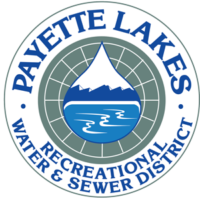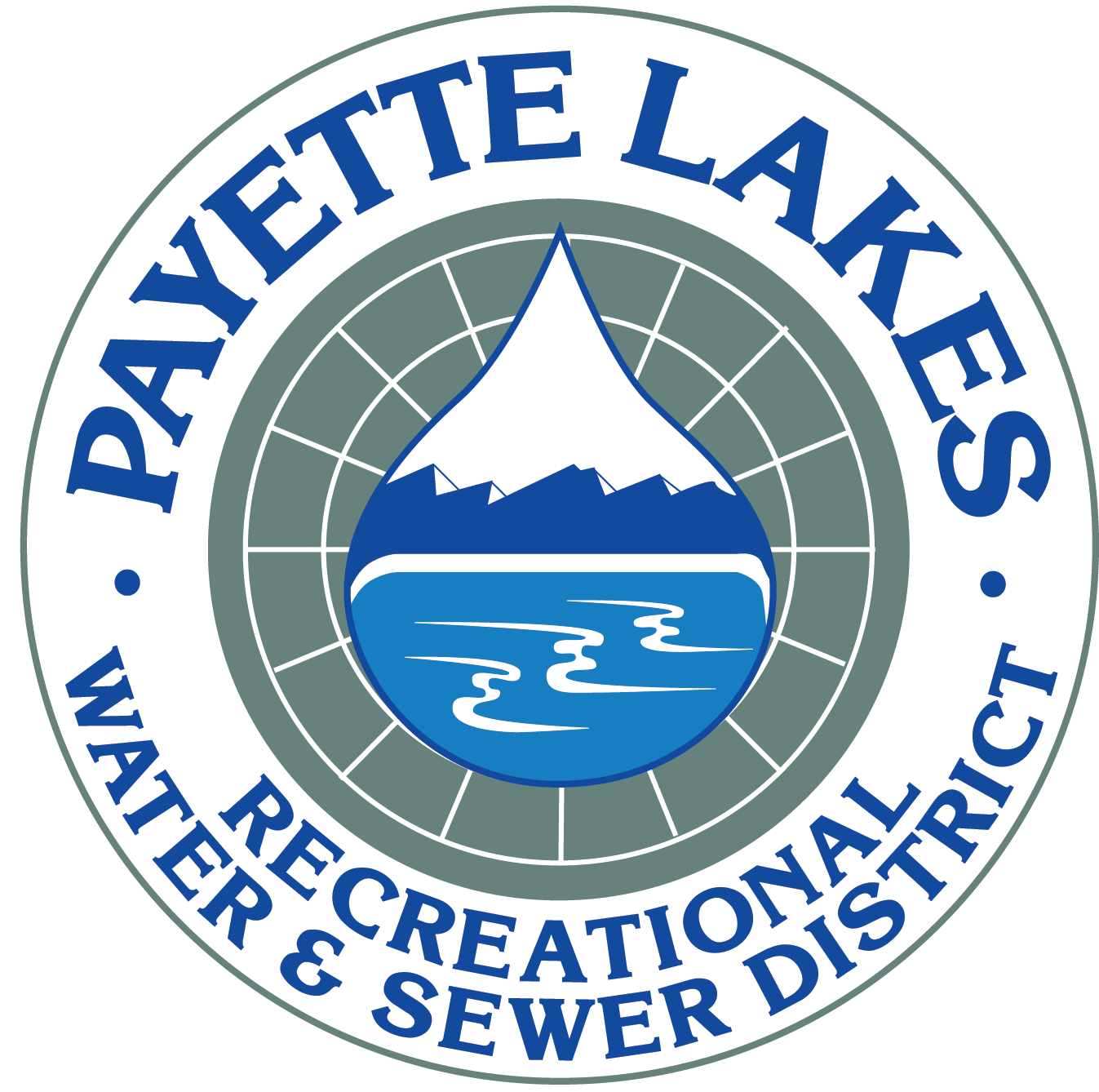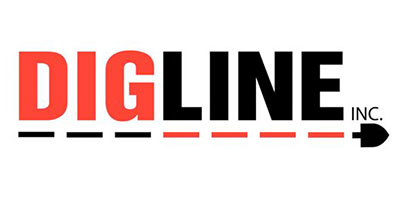
CONTACT PLRWSD
History of PLRWSD
1969 - Payette Lakes Improvement Association (PLIA) was established
The District began as the Payette Lakes Improvement Association (PLIA) in 1969. The Clean Water Act had been adopted nationally, and extensive testing of Payette Lake indicated the septic systems around the lake were leaking and damaging the water quality. Property owners organized the association and voluntarily paid $50 in dues. The PLIA collected over $12,000 from membership dues, which helped to fund part of the preliminary engineering studies for the sewer collection system.
1971 - PLIA became Payette Lakes Water and Sewer District (PLWSD)
When PLIA was formed, the State Land Board controlled forty percent of the land around the lake and was the leaseholder for many of the cabin sites. The Land Board became involved and helped to shepherd a bill through the Idaho State Legislature that authorized a loan of $21,000 to the PLIA. In order to qualify for available federal and state grants and loans, a special purpose taxing district needed to be formed. The PLIA petitioned the court to hold a special election, and voters approved the District in late 1971. The original boundaries excluded any land already within the City of McCall.
2000 - Gained “recreational” status to expand the definition of “qualified electors”
The District obtained recreational status in 2000, Payette Lakes Recreational Water and Sewer District (PLRWSD), upon approval by the District Court. Pursuant to Idaho Code Section 42-3202A, a recreational water and/or sewer district is one in which less than a majority of the landowners or state lessees or federal permittees in the district reside within the district and at least fifty percent of the land area of said district is in a natural state, or used for agricultural purposes. In addition, the actual or potential development anticipated for a recreational district shall be predominantly recreational in character and the district or areas near the district shall meet one or more of the following criteria:
- Have unique scenic value;
- Include man-made or natural recreational facilities such as waterways, marinas, ski slopes, wilderness areas;
- Provide open space;
- Be removed from large, densely populated urban areas.
Recreational status expands the definition of District “qualified electors” to include the holders of certain property interests within the District who reside within Idaho, but not within the District itself (e.g., second homeowners).
2014 - The McCall Area Joint Wastewater Advisory Group (JWAG) was established
In August 2014, JWAG was formed to advise and make recommendations to the McCall City Council and PLRWSD Board on matters pertaining to the collaborative operations, management, and consolidation of wastewater services.
2017 - Annexation of the City of McCall services into the PLRWSD services
Through a special election, qualified electors approved annexation of the City of McCall services into the PLRWSD services, and a bond to fund wastewater infrastructure needs.
In May 2017, City of McCall and PLRWSD patrons approved a two-part proposal to, 1) combine City of McCall customers with the PLRWSD (annexation), and 2) pass a $22.07 million bond to fund three goals:
- $11.7 million – fund necessary upgrades to the reuse water disposal system required to implement the new Reuse Permit from IDEQ. This new permit is necessary for continuing disposal of reuse water.
- $3.3 million – fund improvements to the wastewater treatment facility.
- $7.07 million – finance the acquisition of the system assets and pay off all City of McCall wastewater system debt.
By Aug. 31, 2017, annexation was complete and all City of McCall patrons and wastewater system ownership, management, and operations had been transferred to PLRWSD.

